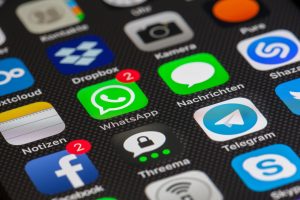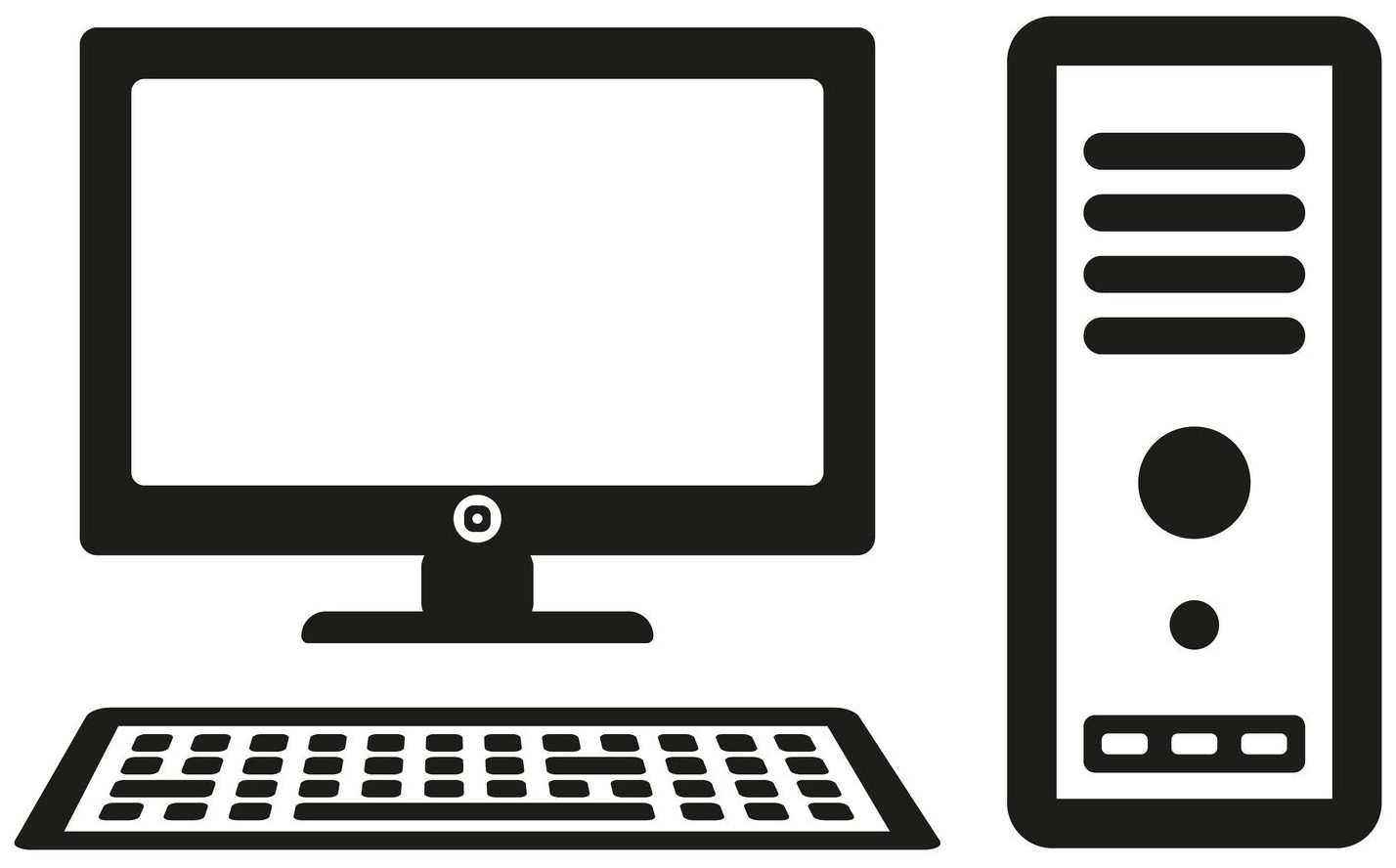 We have been through a lot of mobile app development projects and one of the things that has been consistent across all the projects is that when you don’t have programming knowledge, the development of any mobile app comes will across as a black box.
We have been through a lot of mobile app development projects and one of the things that has been consistent across all the projects is that when you don’t have programming knowledge, the development of any mobile app comes will across as a black box.
If you are thinking of hiring an app consultancy service to create a mobile app for your own small to medium sized business, you need to be aware of the exact things it takes to get the mobile app made and released. The results of a recent research study indicate that almost 20% of the SMBs have a mobile app and almost similar number of businesses have plans to get one of their own in 2016.
Market Research, Discovery and Tech Stack
If you already have a few ideas about the kind of app you want for your business, it’s a good start. However, before diving deep into the design and development phase, you need to take some time to research your target audience, your business and your competitors. Here are a few things you will need to figure out before getting started:
The goal of mobile app for your own business. Make sure you know where the mobile app fits in your overall mobile marketing plans.
You need to be extremely clear about the target audience.
You need to know how you want your customers to use your mobile app.
Figure out the platforms to use for your app.
Get to know about the different programming languages used for mobile app development.
Research your competition and find out if your competition has their own mobile apps and the features in those apps.
Fix a budget for your app development project
Clear timeline for mobile app development and the time when you want to launch your app.
Ways to market and promote your mobile app.
Establishing Clear Goals and Objectives for Mobile App
You need to be clear about the goals you plan to achieve with your mobile app. Once you have figured out how a mobile app fits into your overall business objectives when it comes to mobile marketing, it will be easier for you to map out a strategy outlining how the app will help you reach there.
Figure out why your customers will want to use your app and how it will help them solve any problems. Figure out the features you want to include in your app. One of the most important things is to determine the core appeal of your mobile app.
In most cases, finalising the features and benefits of a mobile app is a balancing act between your in-house capabilities and your overall mobile development budget. Research has shown that app design should prioritise customer engagement over exclusive services. Keep that in mind when you are finalising app functionality.
Mobile App – Backend
When it comes to choosing the backend structure needed for supporting your app such as push notification services, data integration, servers, data diagrams and APIs, the storyboard and wireframe should be your guide. In most cases, choosing a platform offering mobile backend as a service makes a lot of sense for SMEs as the platform helps them overcome common challenges such as absence of in-house talent and scalability.
App Development
There are a lot of processes and steps involved in any kind of app development. If you don’t plan to use an app development platform or a provider offering mobile backend as a service, your developer will need to set up various solutions for storage, APIs, databases and servers for the backend.
Also, you’ll need to set up the developer accounts on the App Stores where you upload your app for distribution in case you already don’t have developer accounts. Keep in mind that the whole process of setting up developer accounts might take several days and is often overlooked. In the meantime, go through the App Store guidelines to make sure your app doesn’t face rejection when it is finally reviewed.
Keep Testing
You have finally reached a place where you have the complete app concept in front of you with the right text and graphics. This is the time when you need to thoroughly test the app in various real-world situations to figure out any technical issues and to correct them before you go live.
Release Time
The release date of your official app should be the final step in your app marketing efforts. It is recommended to get some buzz going with articles and write-ups by influential journalists and bloggers. Don’t forget to make an official announcement to notify everyone who has shown interest in your app before the official launch.
